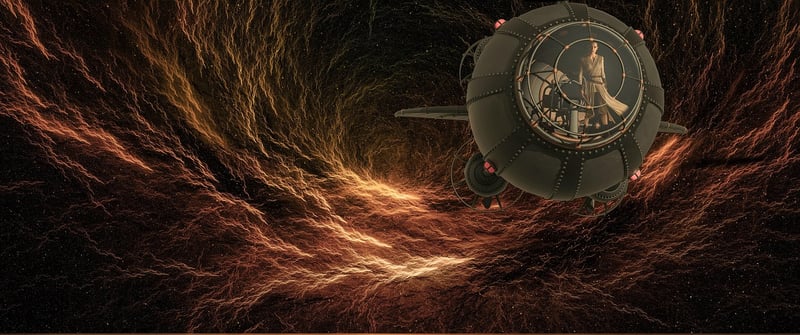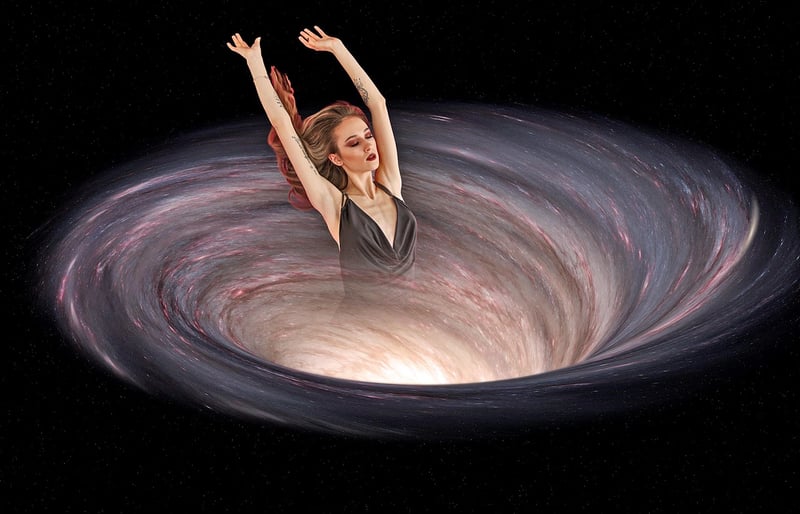Wormholes
Mechanisms for Time Travel and Wormholes
Time travel has long been a fascinating concept in science fiction, but is it possible in reality? Let's explore some of the mechanisms proposed for time travel and how wormholes might play a role in this intriguing phenomenon.
1. Einstein's Theory of Relativity
According to Einstein's theory of relativity, time dilation occurs when an object is moving at a significant fraction of the speed of light. This means that time passes differently for objects in motion compared to those at rest. By traveling close to the speed of light, one could theoretically experience time differently from someone stationary, effectively traveling into the future.
2. Wormholes
Wormholes are hypothetical tunnels in spacetime that connect two distant points. By using a wormhole, it might be possible to travel not only across vast distances but also through time. The concept involves bending spacetime to create a shortcut, allowing for instantaneous travel between two points that would otherwise be far apart.

3. Closed Timelike Curves
Another theory for time travel involves closed timelike curves, which are paths in spacetime that loop back on themselves. By following such a curve, one could theoretically travel back in time and interact with past events. However, the concept of closed timelike curves raises paradoxes such as the famous grandfather paradox, where one could potentially prevent their own existence.
4. Quantum Entanglement
Quantum entanglement is a phenomenon where particles become connected in such a way that the state of one particle instantly affects the state of another, regardless of the distance between them. Some theories suggest that exploiting quantum entanglement could lead to communication across time, potentially enabling forms of time travel.
Conclusion
While the idea of time travel remains a topic of speculation and theoretical exploration, concepts like Einstein's theory of relativity, wormholes, closed timelike curves, and quantum entanglement offer intriguing possibilities for understanding the nature of time and the universe.
Whether time travel will ever become a reality or remain confined to the realm of science fiction is a question that continues to captivate the imagination of scientists and enthusiasts alike.
